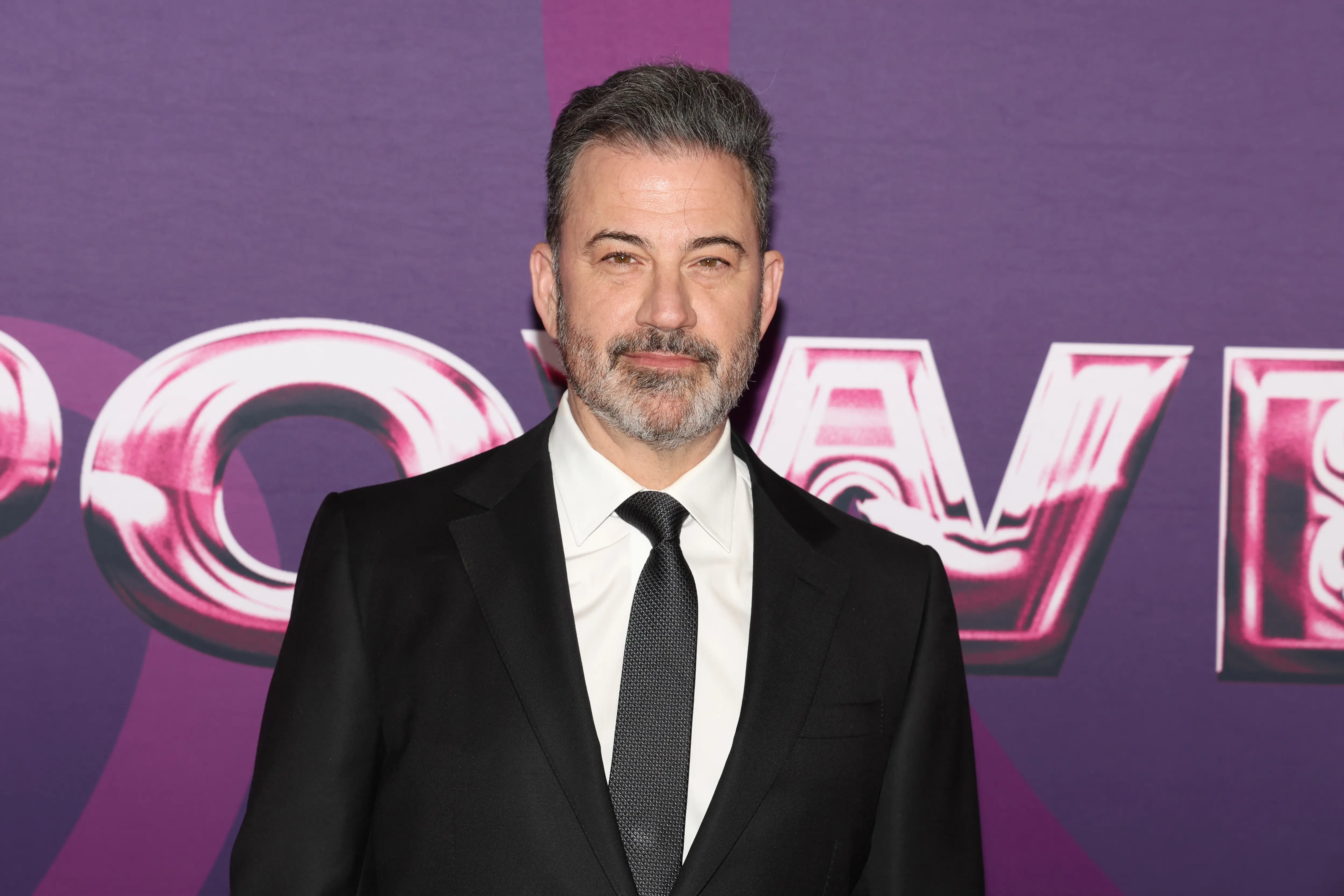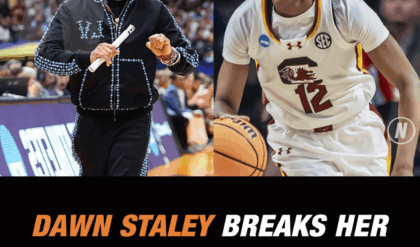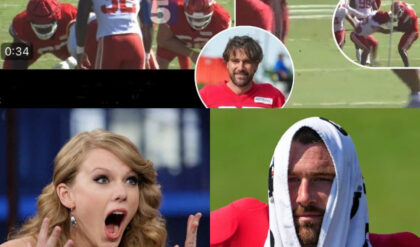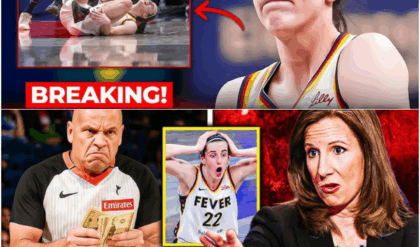Stephen Colbert’s Bold Response to Jimmy Kimmel’s Return: “CBS, Got Any Surprises for Us?”
A Night of Cheers and Jabs
On September 22, 2025, The Late Show with Stephen Colbert opened not with the usual rhythm of jokes and musical cues but with a pointed declaration that immediately drew cheers from his studio audience:
“Our long, national late-nightmare is over.”
The remark came as Colbert addressed breaking news — ABC had ended Jimmy Kimmel’s suspension, announcing that Jimmy Kimmel Live! would return to air the following night. For Colbert, who had spent days defending his longtime late-night rival turned ally, the announcement was more than welcome. “Wonderful news for my dear friend Jimmy and his amazing staff,” he told his audience, lifting the mood in the Ed Sullivan Theater.
But Colbert couldn’t resist weaving in his trademark self-deprecating humor. Only days earlier, he had been frustrated — half in jest, half in truth — that Kimmel’s suspension overshadowed The Late Show’s recent Emmy win for Outstanding Talk Series. “Now that Jimmy’s not being canceled, I get to enjoy this again,” Colbert said, proudly holding up the golden statue. “Once more, I am the only martyr in late-night!”

The Shadow of Cancellation
Colbert’s jokes, however, carried an edge of irony. In July, CBS announced that The Late Show would end in May 2026, citing rising costs and a shifting late-night market. While the show remains the most-watched program in its slot, Colbert has been blunt about tensions between creative freedom and corporate caution.
So when he added, “Unless … CBS, you want to announce anything?” the joke hit differently. It was not just about Kimmel’s ordeal; it was also a wink at his own precarious position. The line underscored what many in the industry already know: late-night television, once a seemingly immovable institution, is under pressure from streaming platforms, social media, and advertiser anxiety.
For fans in the room, the Emmy in Colbert’s hand wasn’t just an award. It was a reminder of what’s at stake as networks recalibrate the future of late-night entertainment.
Why Kimmel Was Suspended
Kimmel’s return followed a week of turmoil for ABC and Disney, his corporate parent. The controversy began on September 15, when Kimmel addressed the fatal shooting of conservative activist Charlie Kirk during a campus event. In his monologue, Kimmel mocked how right-wing media figures were reacting to the tragedy, saying the “MAGA gang” was “desperately trying to characterize” Kirk’s alleged killer “as anything other than one of them.” He also took a jab at Donald Trump’s response, portraying it as opportunistic and insincere.
The remarks drew outrage. Critics accused Kimmel of trivializing a politically charged killing. By September 17, ABC announced that Jimmy Kimmel Live! would be suspended “indefinitely.” Disney issued a statement claiming the move was meant “to avoid further inflaming a tense situation at an emotional moment for our country.”
Privately, however, insiders revealed the decision was driven as much by pressure from the FCC and nervous advertisers as by editorial concern. The suspension provoked a firestorm, with hashtags like #StandWithKimmel and #CancelDisneyPlus trending for days.
Colbert’s Defiance
Throughout the ordeal, Colbert became one of Kimmel’s most outspoken defenders. On September 18, he blasted the suspension as “blatant censorship,” warning that networks risked emboldening political actors who sought to control speech.
“If ABC thinks this is going to satisfy the regime, they are woefully naïve,” Colbert declared. In his signature style, he undercut the gravity with a gag: “Clearly, they’ve never read the children’s book If You Give a Mouse a Kimmel.”
But the message was clear — Colbert viewed Kimmel’s punishment as part of a larger struggle over free expression in comedy. “To Jimmy, just let me say,” he concluded, “I stand with you and your staff 100%.”
That solidarity carried into his September 22 broadcast, where the news of Kimmel’s reinstatement doubled as a moment of vindication. “Disney folded because you, the American people, were upset,” Colbert said, crediting the audience who threatened to cancel subscriptions to Disney+ and Hulu.
Industry Shockwaves
The suspension and reversal revealed just how fragile late-night has become. Once insulated from immediate political blowback, comedians like Kimmel and Colbert now operate under constant scrutiny. A single monologue can trigger advertiser boycotts, coordinated social-media campaigns, or regulatory pressure.
Media historian Dr. Marc Elias described the incident as a “stress test for late-night.” He explained: “Networks are no longer gatekeepers. They’re referees trying to keep advertisers, regulators, politicians, and audiences from tearing each other apart. That’s why Colbert’s defense of Kimmel was so striking — it wasn’t just personal. It was professional solidarity.”

Indeed, Colbert was not alone. Seth Meyers invoked free speech in Kimmel’s defense. Jon Stewart reminded audiences of the First Amendment. Jimmy Fallon expressed hopes for Kimmel’s swift return. Together, they transformed what could have been an isolated controversy into a larger conversation about comedy’s role in democracy.
A Tale of Two Networks
Colbert’s pointed jab at CBS during his monologue also highlighted the irony of the moment: while ABC was scrambling to undo the fallout of its suspension decision, CBS had already charted the end of The Late Show.
The juxtaposition did not go unnoticed. “You had one network pulling a host off the air, and another preparing to let its biggest star walk away,” said analyst Karen Liu. “Meanwhile, audiences are telling us they want boldness, not caution.”
This paradox captures the central tension of late-night today. Comedians thrive on provocation. Networks, however, thrive on stability. Reconciling those forces has never been more difficult.
Kimmel’s Next Chapter
As for Kimmel, the terms of his return remain murky. Disney said it had held “thoughtful conversations” with him before deciding to bring back the show. Industry observers are now asking whether Kimmel will offer an on-air apology or double down on his stance.
Either path carries risks. An apology could be seen as capitulation, undermining his credibility with fans who defended him. Refusing to apologize, on the other hand, could reignite criticism and put ABC back under pressure.
“Jimmy’s walking a tightrope,” said one former ABC executive. “But he also has momentum. The backlash to his suspension turned him into a symbol. Whatever he says on his first night back will set the tone for the next era of his career.”
What It Means for Colbert
For Colbert, who has less than a year left on The Late Show, the moment felt like both vindication and foreshadowing. His Emmy may symbolize his show’s success, but his quip about CBS hinted at uncertainty. As one fan posted on X: “Colbert is fighting for Jimmy — but who’s fighting for Colbert?”
Yet Colbert seemed determined to end on his own terms. His final words to Kimmel — “Welcome back, Jimmy. Long may you wave.” — carried both warmth and defiance. It was a benediction, but also a challenge to networks that treat comedians as disposable.
A Turning Point in Late-Night
The reinstatement of Jimmy Kimmel and Colbert’s bold defense have reignited an urgent debate about free speech, comedy, and the role of television networks in shaping national discourse.
For audiences, the lesson is clear: late-night is no longer just about punchlines. It has become a frontline in the battle over expression in a polarized age. For networks, the dilemma remains: how do you preserve creative freedom without sacrificing commercial stability?
Colbert’s monologue captured that tension in a single line — equal parts joke and truth — when he asked, “CBS, you want to announce anything?”
The question wasn’t just rhetorical. It was a reminder that, in the ever-changing world of late-night, no host, no network, and no format is safe from the shifting tides of culture and commerce.





